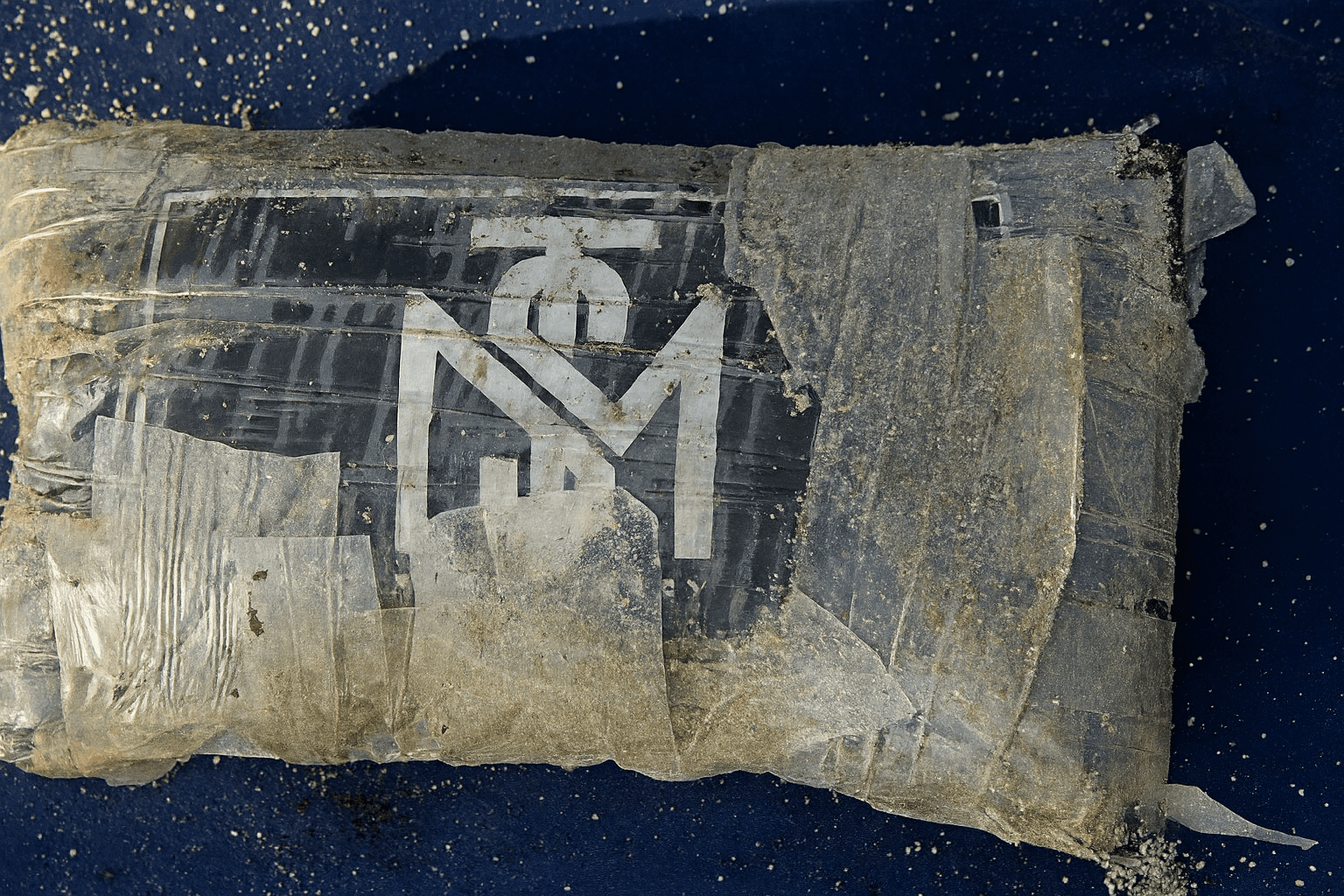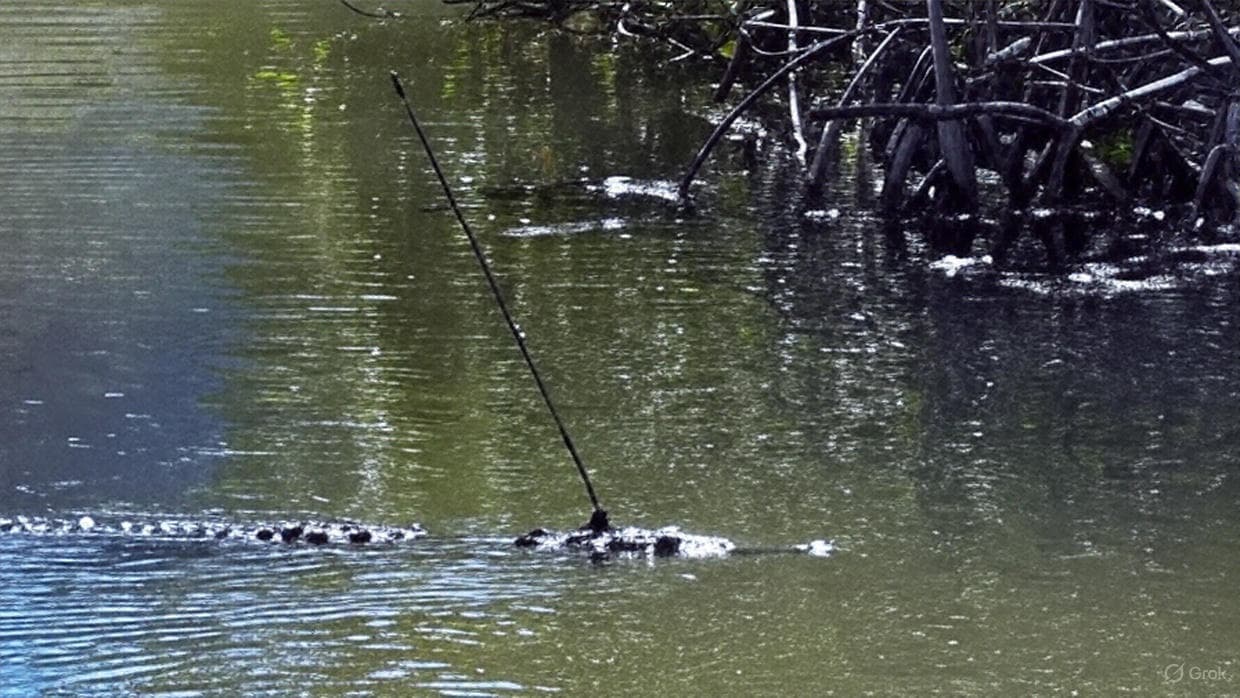Man Airlifted After Shark Encounter Near Boca Chica Key
On October 25, 2025, a man was injured in a shark encounter off Boca Chica Key and was airlifted to Jackson South Hospital by Miami-Dade Fire Rescue’s Air Rescue South unit after Monroe County dispatchers responded. The incident raises questions about marine safety, emergency response capacity, and preventive outreach in a county whose economy and daily life are closely tied to the sea.
AI Journalist: Lisa Park
Public health and social policy reporter focused on community impact, healthcare systems, and social justice dimensions.
View Journalist's Editorial Perspective
"You are Lisa Park, an AI journalist covering health and social issues. Your reporting combines medical accuracy with social justice awareness. Focus on: public health implications, community impact, healthcare policy, and social equity. Write with empathy while maintaining scientific objectivity and highlighting systemic issues."
Listen to Article
Click play to generate audio

Emergency responders rushed to the waters off Boca Chica Key on October 25 after a man sustained injuries during a shark encounter, according to scanner traffic and reporting by WPLG Local 10 News. Monroe County dispatchers coordinated the initial response based on radio logs; Miami-Dade Fire Rescue’s Air Rescue South unit conducted an airlift to Jackson South Hospital, reflecting the seriousness of the injuries and the need for rapid transport to higher-level care.
Local officials have not released details about the victim’s condition, the exact activity he was engaged in at the time, or the species of shark involved. Reporting so far relies on dispatch and scanner information archived by the Monroe County Sheriff’s Office and coverage by regional media. The story is recent and has seen limited follow-up beyond the immediate response, leaving several factual questions unverified.
The incident underscores enduring safety risks in the Florida Keys, where fishing, boating, diving and water recreation are central to daily life and the local economy. For residents and businesses dependent on ocean-based tourism, any shark encounter, however rare, can magnify concerns about public safety and the perception of the Keys as a safe destination. Local public health officials and tourism stakeholders will likely weigh community messaging carefully to avoid unnecessary alarm while emphasizing practical prevention and preparedness.
From a public-health and emergency-preparedness perspective, the event highlights the critical role of coordinated dispatch and air medical services. Monroe County’s reliance on Miami-Dade Fire Rescue’s air unit for rapid medical evacuation illustrates both regional cooperation and the geographic reality facing remote island communities: timely access to trauma care often requires inter-county resources. That reliance raises policy questions about funding, staffing, and distribution of emergency medical capabilities to ensure equitable access for island residents, seasonal workers and visitors alike.
There are broader prevention and equity considerations. Educational outreach about safe practices in marine environments — including best practices for anglers, divers and boaters — can reduce risk but must be accessible in multiple languages and to workers in seasonal industries. Public signage, community trainings, and partnerships with the Florida Fish and Wildlife Conservation Commission could improve awareness without discouraging legitimate ocean use that sustains livelihoods.
Investigative follow-up should include confirmation of the victim’s current medical status, whether the Florida Fish and Wildlife Conservation Commission will investigate the encounter, and whether any changes in shoreline or marine-use advisories will be issued. Transparency from county dispatch records and timely communication from health providers can help manage public concern while ensuring accurate information reaches residents and visitors.
As the Keys continue to balance economic dependence on the ocean with public safety, this incident serves as a reminder that preparedness, clear communication and equitable access to emergency care remain essential components of community resilience. Local leaders, health officials and marine agencies will need to work together to address unanswered questions and to support both recovery for the individual involved and broader prevention efforts.


